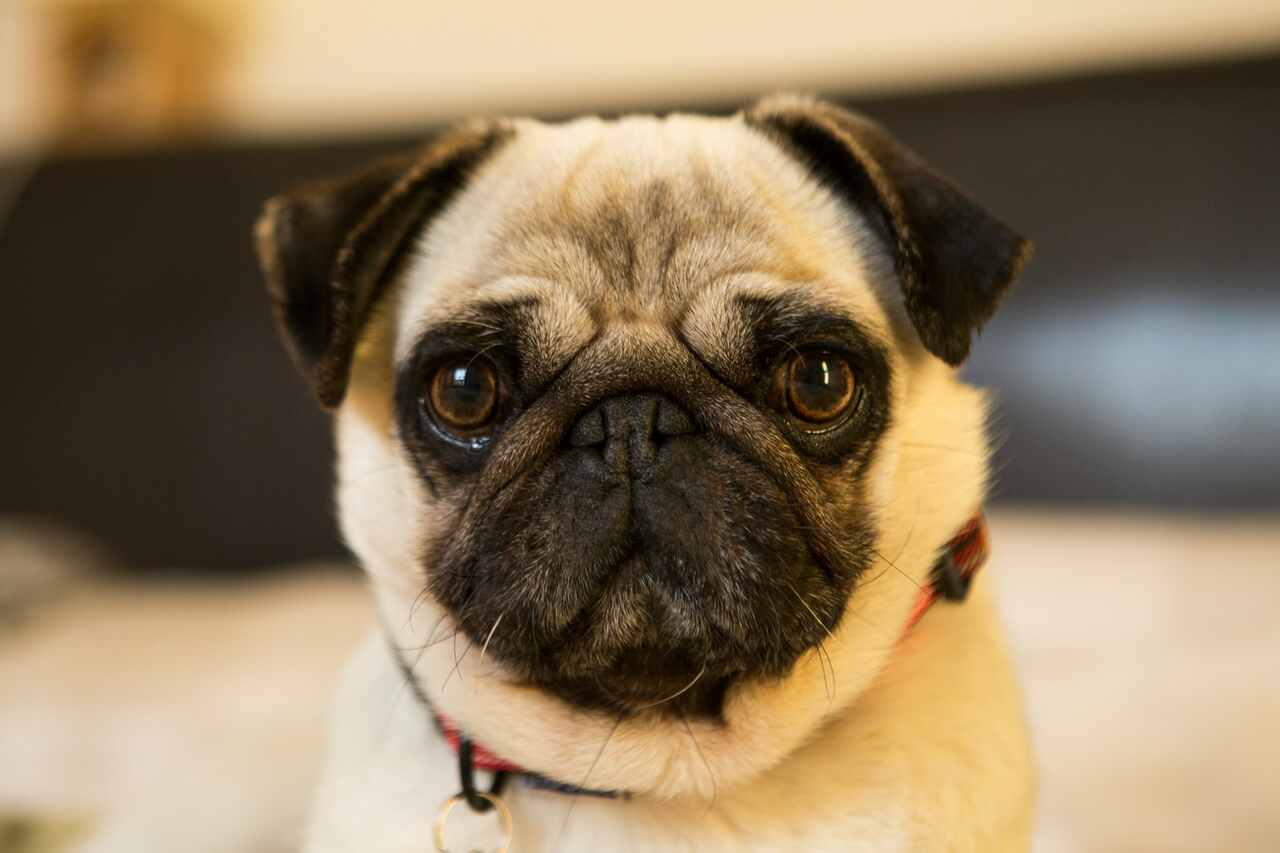 Study shows even a pug can become a scent detection dog (Photo: Diana Parkhouse/Unsplash)
Study shows even a pug can become a scent detection dog (Photo: Diana Parkhouse/Unsplash)
According to a new study, the idea that some breeds of domestic dogs have better senses of smell than others may be nothing more than a myth.
+ Hilarious video: scared cats are capable of unbelievable things
The research, published on April 16 on the bioRxiv website, challenges the idea that some working breeds, such as German Shepherds, hunting dogs, and Labradors, have especially well-developed odor detection abilities compared to other dogs.
Instead, researchers suggest that the success of these dogs in scent detection likely stems from generations of selective breeding and targeted training, along with the combination of smell with auditory skills.
“It’s almost a legendary belief that dogs are the best smellers among mammal species, and specifically, that certain breeds have an even more enhanced sense of smell,” said Deborah Bird, lead author of the study and functional morphologist at the University of California, Los Angeles.
To test whether some dogs truly have superior scenting abilities or are just good at following instructions, Bird and her colleagues chose to test the scent detection abilities of domestic dogs, wolves, and coyotes by examining their skulls and genetic material.
They used computerized tomography scans to create 3D models of 104 skulls from 45 different dog breeds, one wolf species, and one coyote species. They then used these models to measure the area of a bone structure in the skull known as the cribriform plate, which is perforated by olfactory nerves carrying scent information to the brain, meaning the larger the cribriform plate relative to a mammal’s body size, the better the sense of smell.
The researchers also analyzed genetic parameters that may signal how well a mammal smells. First, scientists investigated the genomes of 111 domestic breeds, 27 wolves, and four coyotes to determine how many copies of scent-detection genes each animal had, as more genes of this type may indicate a better sense of smell.
Next, they analyzed tissue samples taken from the mouths of an additional 24 domestic breeds and searched for the RNA counterparts of these genes to determine which of these genes encode proteins that play a role in scent detection.
With these measurements, the researchers concluded that domestic dogs likely have less sensitive noses than wolves and coyotes. According to Bird, it’s possible that domestication and dependence on humans for food may have relaxed the evolutionary pressure to maintain such keen scenting abilities.
However, contrary to popular belief, researchers found no genetic or skeletal evidence that some breeds of domestic dogs actually have better senses of smell than others.
“There’s really a difference between wild dogs and [domestic] dogs. But I think the interesting part of this is that it’s sort of demystifying a myth, that there’s this thing called a ‘hunting dog’ that… has this kind of supernatural sense of smell,” explained Bird.
Instead, she believes that certain behavioral traits of some breeds, such as the desire to please their owners or high levels of endurance, make some dogs appear to have more keen noses than others.
This content was created with the help of AI.

